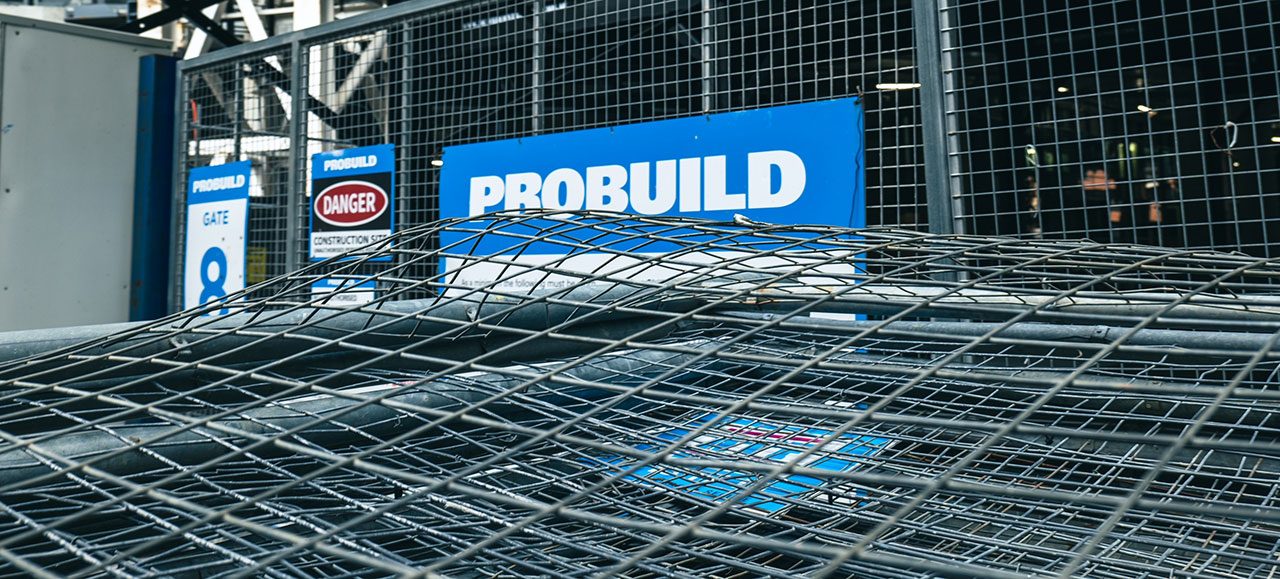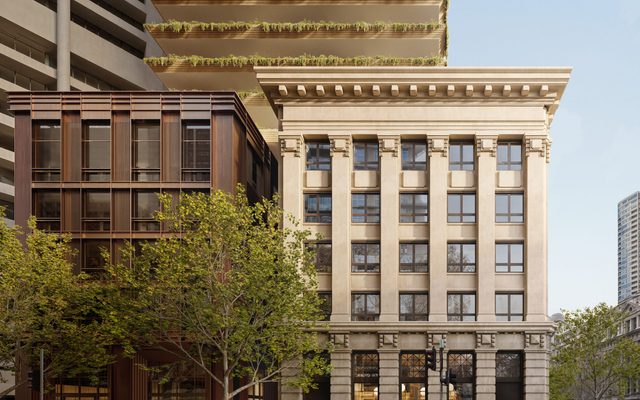This article is from the Australian Property Journal archive
MULTIPLEX heir Andrew Roberts’ Sydney-based building company Roberts Co has come to the rescue of collapsed construction giant Probuild.
Roberts Co has made a bid for Probuild’s Melbourne projects.
Administrators Deloitte have confirmed that Roberts Co has entered a two-week due diligence and stressed that the deal has not been finalised.
Any potential deal would include ongoing employment for staff, who had faced uncertainty. It was recently revealed in Court that Probuild owes its staff at least $14 million in entitlements.
“It’s not often the right opportunities present themselves under such challenging circumstances. This one aligns with our growth plans into Victoria following a successful launch in NSW over the past five years,” Roberts Co chief executive Alison Mirams said.
The deal would expand Roberts Co’ footprint in Victoria, of the 18 projects current underway, the majority are in Victoria.
The expansion is a replay for Roberts, who founded the company in 2017 a decade after he sold Multiplex to Canadian giant Brookfield for $4.2 billion.
Among them are Blackstone, for which Probuild is delivering the Caufield Village Precinct in Melbourne’s south-east for Blackstone – the US private equity giant’s first Melbourne build-to-rent project – as well as Malaysian developer SP Setia. Probuild has been constructing their 65-level residential skyscraper UNO Melbourne.
Other Victorian projects include:
- CSL’s new headquarters and research lab in North Melbourne;
- Elizabeth North in Melbourne, a 16-storey education and biomedical building by developer PDG Corporation;
- The 29-storey Victoria University City West Tower, poised to become Melbourne’s tallest vertical campus;
- And the $190 million, 28-storey 10,000 sqm office building at 130 Little Collins Street in Melbourne for Jeff Xu’s Golden Age Group.
Probuild called in administrators last month after its South African parent company Wilson Bayly Holmes-Ovcon (WHBO) withdrew financial backing.
WBHO blamed the Australian government’s handling of the pandemic and restrictions.
“The Australian government’s hard-line approach of managing COVID-19 through a combination of border restrictions, snap lockdowns and mandatory work-from-home regulations for many sectors, has had a considerable impact on property markets as well as other industries such as the leisure industry,” it said in a statement.
“Of particular concern is the project delivery capability of the business which has been negatively affected by unplanned COVID-19 restrictions, the contractual environment and the increased difficulty in raising guarantee facilities necessary to secure new work.
“The protracted effect of COVID-19 has delayed any meaningful economic recovery and procurement activity in Australia.” WBHO said.
The collapse comes a year after Treasurer Josh Frydenberg used national security grounds to scupper a $300 million sale of the company to China State Construction Engineering Corporation.




